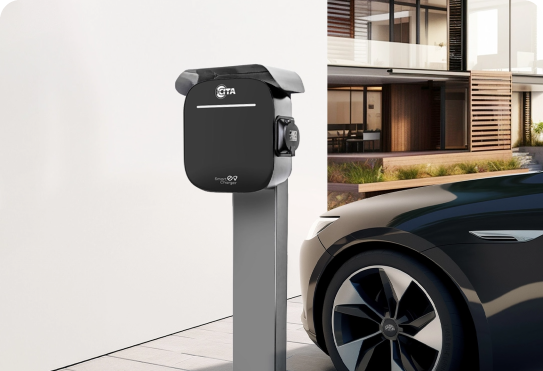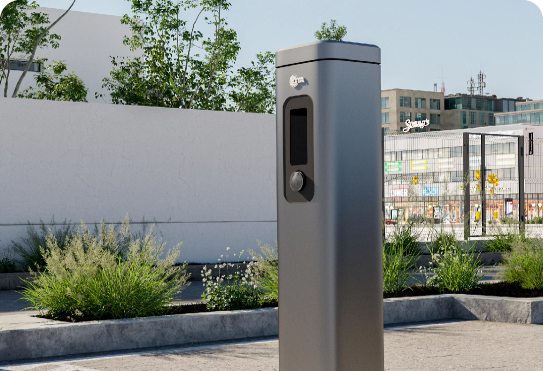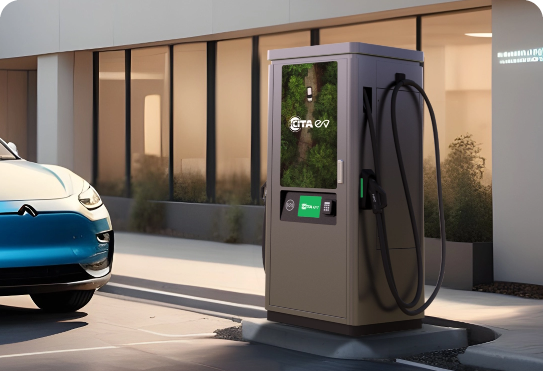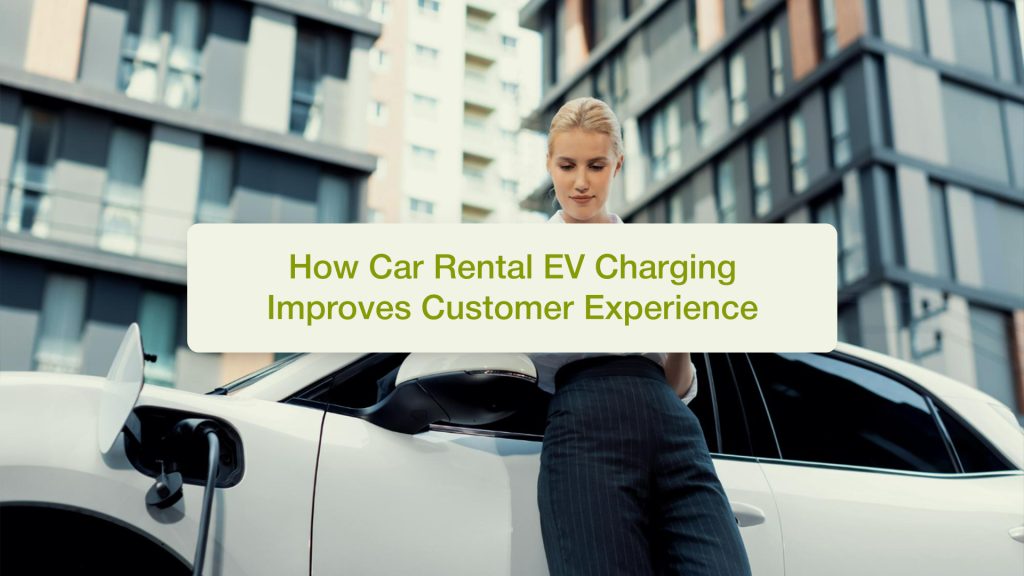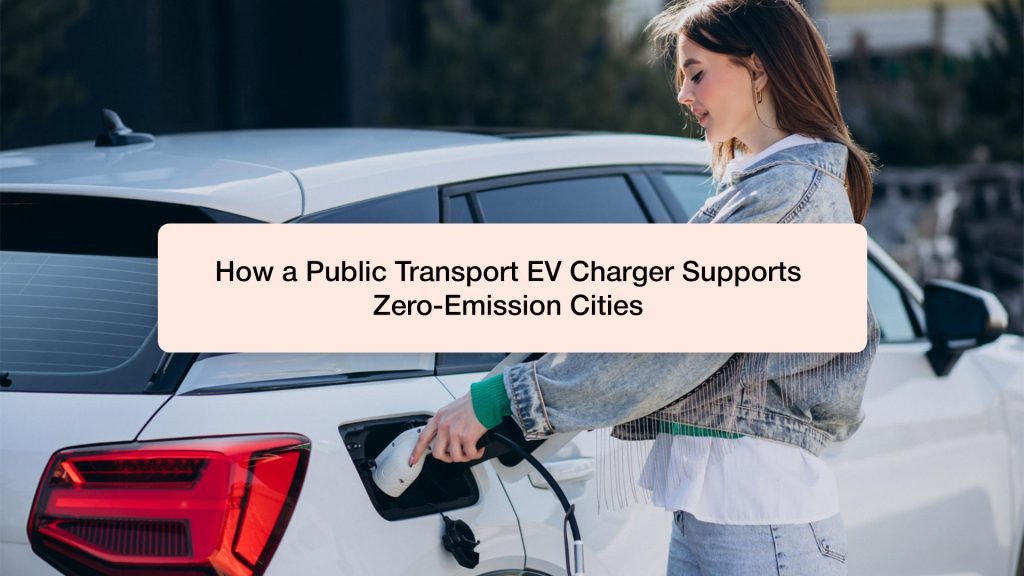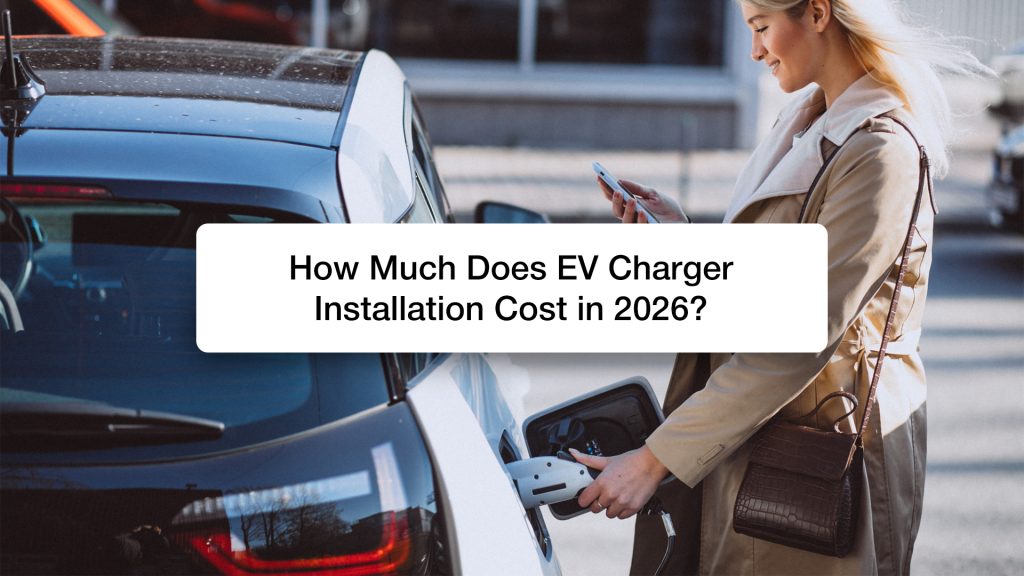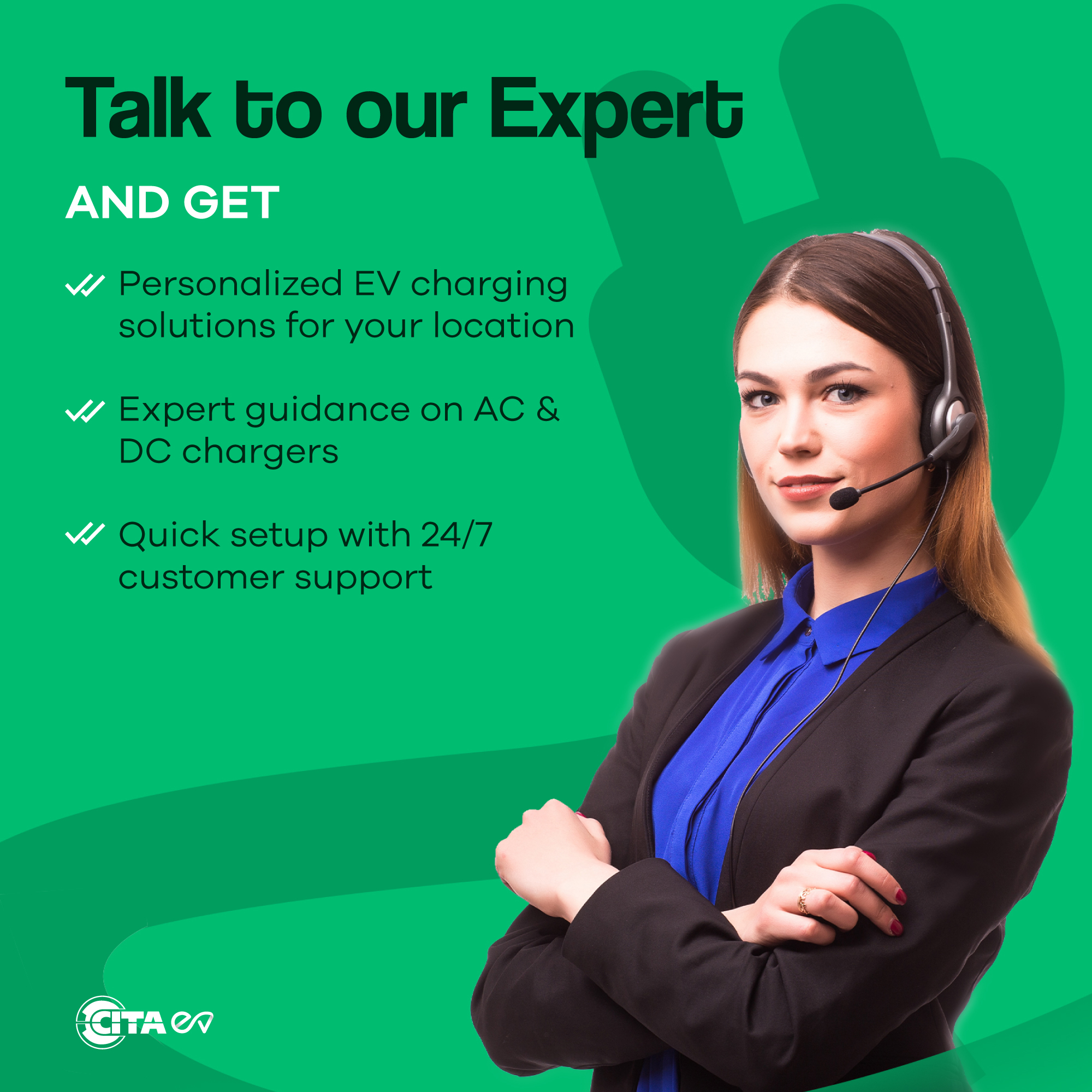EV charging speed isn’t a fixed number, and if you’ve ever sat waiting longer than expected for your electric car to top up, you know how frustrating that can be. In the UK, where over 1 million fully electric cars are now on the road and over 60,000 charging connectors are active across the country, expectations for fast, reliable charging are higher than ever. But here’s the thing: the speed at which your EV charges depends on more than just the charger type or the car model.
Whether you’re using a smart EV charger at home or a rapid DC EV charger at a motorway service station, these insights will help you understand what’s really going on behind the numbers.
12 Most Important Factors That Affect EV Charging Speed

EV charging speed can vary a lot – sometimes even when you’re using the same charger at the same location. It’s one of the most common concerns among EV drivers in the UK, especially with more people switching to electric every day. But here’s the thing: your charging time isn’t just about how powerful the charger is.
From the type of EV charger you’re using to the weather outside, multiple factors come into play. Understanding these will help you avoid surprises, make better charging decisions, and get the most out of your setup.
Let’s break down the 12 key factors that actually impact your EV charging speed.
1) Your EV’s Maximum Charging Capacity
Every electric car has a built-in onboard charger with a limit. No matter how fast the EV charger is, your vehicle will only draw power up to its maximum capacity.
For instance, if you plug a car with a 7.4kW onboard charger into a 22kW ac ev charger, it’ll still only pull 7.4kW. This is one of the most common misunderstandings for first-time EV owners.
2) Charger Type and Power Output
Not all EV chargers are created equal. There are slow chargers (3.6 kW), fast AC chargers (7 kW or 22 kW), and rapid DC EV chargers (typically 50kW+). The higher the kilowatt rating, the faster the energy transfer.
If you’re using a home EV charger, you’re likely capped at 7kW unless you’ve had a three-phase connection installed to allow for 22kW charging.
3) State of Charge (SOC) at Plug-In
The closer your battery gets to full, the slower it charges. Most electric vehicle chargers deliver maximum speed between 20% and 80% SOC. After that, the EV charging curve drops to protect battery health.
That’s why topping up from 10% to 60% often takes the same time as going from 80% to 100%.
4) Battery Size and Chemistry
Larger batteries naturally take longer to charge, especially if you’re using a lower-powered ev charger. But battery chemistry matters too – lithium iron phosphate (LFP) batteries, for example, charge differently than nickel manganese cobalt (NMC) cells.
This impacts how fast the battery can safely accept energy.
5) Temperature Matters - A Lot
EV batteries operate best at moderate temperatures – around 20°C. In cold UK winters, charging speeds drop because the battery needs time to warm up before it can accept energy efficiently. In summer, heat management kicks in.
Many smart EV chargers and EVs come with battery thermal management systems to optimise this, but it’s still a factor.
6) Cable Quality and Compatibility
Using the wrong cable or a damaged one can throttle your EV charging speed significantly. For AC charging, ensure your cable supports the maximum output of the ac ev charger.
Also, if you’re relying on public charge points, worn-out cables may not perform at full capacity.
7) Grid Limitations and Local Load
EV charging speed at public or shared locations can depend on the grid’s load at the time. If multiple users are drawing power simultaneously—say, at a public car park or business complex – the ev charger may throttle output to balance load.
This is more common than most people think, especially during evening peak hours.
8) Smart Features and Load Balancing
Modern smart EV chargers come with dynamic load balancing. While that’s great for preventing electrical overload in your home or building, it can reduce charging speed when multiple appliances or EVs are running simultaneously.
This isn’t a flaw – it’s a safety feature.
9) Charging Method: AC vs DC
This one’s simple. AC charging uses your car’s onboard charger, so it’s capped by your vehicle’s limits. DC charging bypasses that and pumps power straight into the battery—hence why dc ev chargers can go from 20% to 80% in under 30 minutes.
For long trips or quick turnarounds, DC is king, but it’s pricier and less common at home.
10) Software Updates and Firmware
Many EVs receive over-the-air updates that adjust battery management settings. Sometimes, manufacturers reduce peak EV charging speeds to improve battery longevity. If you’ve noticed a slowdown after an update, it might be intentional.
The same applies to ev chargers – outdated firmware may limit performance.
11) Charger Installation Quality
A poorly installed home EV charger or commercial station can lead to voltage drops and inconsistent power delivery.
Always work with a certified EV charger supplier or installer who understands UK regulations and safety requirements, especially if you’re claiming the OZEV EV Charger grant.
12) Certified Equipment and Regulations
In the UK, using a Certified EV Charger that meets UKCA or CE standards ensures the unit performs to expected standards. Uncertified products might deliver slower EV charging speeds or fail under pressure.
Choosing an EV charger manufacturer in the UK with the right certifications gives you peace of mind and consistent performance.
Recap: Why Your Charging Speed Isn’t Always Up to You
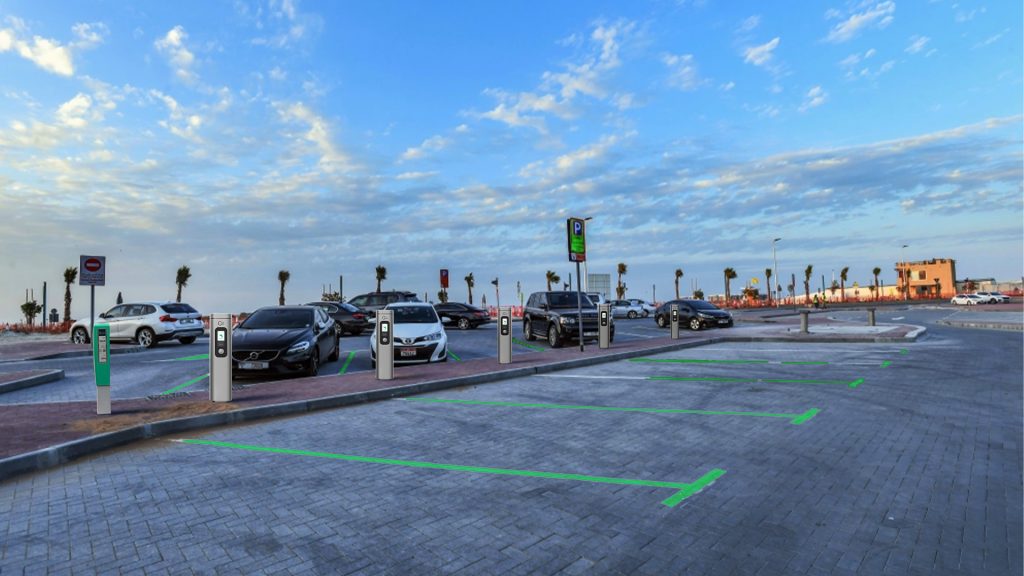
When your EV isn’t charging as fast as expected, it’s rarely due to a single issue. Instead, it’s usually a mix of factors: your car’s capacity, the charger’s output, local conditions, temperature, and even the time of day.
Understanding these 12 variables helps you make smarter decisions – hether that’s choosing the right electric car charger for your home, planning a long-distance route with DC EV charger stops, or figuring out if your current EV charging solution is still the right fit.
Ready to Charge Smarter, Not Just Faster?

At CITA EV Charger, we’re not just building chargers – we’re building smarter charging experiences. As a leading EV charger manufacturer in the UK, we deliver Certified EV Chargers that are OZEV-approved, UKCA and CE-compliant, and rigorously tested for both safety and speed. Whether it’s a compact home EV charger or a powerful 22kW AC EV Charger, our solutions are designed to help UK drivers charge faster, safer, and with confidence.
With over 1000 happy customers in 35+ countries and a 4.8-star rating, our EV chargers are trusted by homes and businesses alike. And with features like app control via the CITA EV App and uninterrupted customer support, we’re helping expand the UK’s EV infrastructure—one smart charge at a time.
Plug in for better EV charging speed in the UK.
Browse our range of AC & DC Chargers. Talk to our team about OZEV eligibility.
Get started with a Certified EV Charger in the UK today.
Let’s make EV charging faster, smarter, and future-ready – together.




